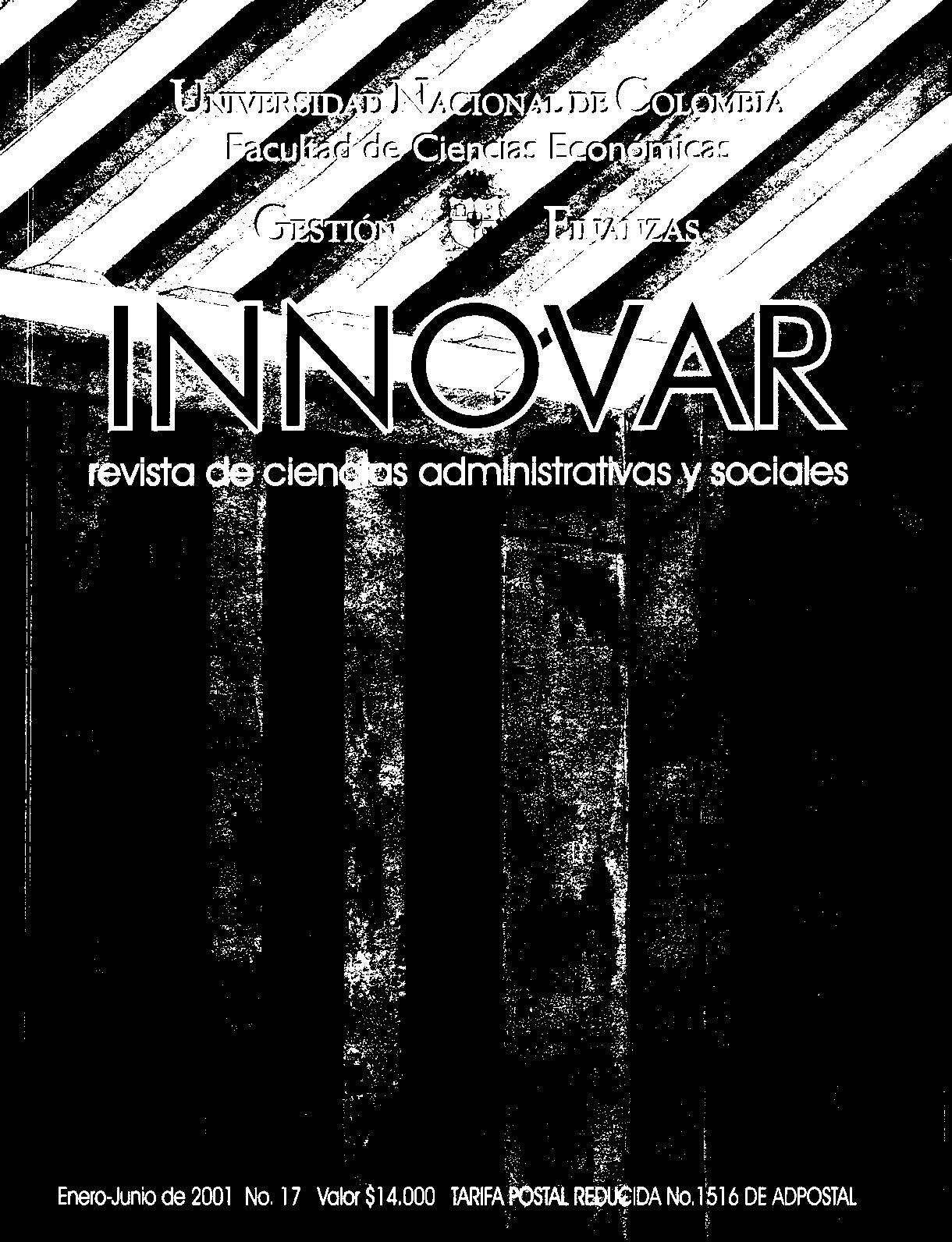Tasas retributivas por contaminación hidríca y su aplicación en Colombia: un instrumento económico hacia el desarrollo sostenible
Retributive Fees for Hidryc Contamination and its Application in Colombia: An Economic Instrument Towards Sustainable Development
Palabras clave:
Tasas Retributivas, Contaminación del Agua, Colombia, Desarrollo sostenible (es)Descargas
En este artículo se analizan la experiencia de las Corporaciones Autónomas Regionales y Autoridades Ambientales concretas, en este caso se analiza la experiencia de las Corporaciones Autónomas Regionales y Autoridades Ambientales Urbanas, obtenida en el proceso de implementación de las tasas retributivas por contaminación hídrica (Decreto 901 de 1997) y se analiza si éstas armonizan con el desarrollo sostenible.
The economy demands renewable and non-renewable natural resources and it's a user of residual absorption capacity that has the natural environment. But yet and differently to other economic transactions, this exchanges are not ruled by market relationships. According to the reports of the World Resources Institute and United Nations, Colombia has an availability of 33,630 cube meters per year for each person, which puts itself in the average situation of Latin America, which is almost five times bigger than the average world availability that barely reaches 7.700 cube meters, for Colombia, where hydroclimatical and topographical conditions guaranteed in mostly ail the country a good water supply and a dense hydrographic net, however there isn't clear regulating politics for the use of water resources Under this particularity, it is necessary the establishment of precise environmental politics, In this case it is analyzed the experience of the Regional Autonomous Corporations and Urban Environmental Authorities obtained during the process of implementation of the retributive fees lor water pollution (Decree 901 of 1997) and it is analyzed if they harmonized with sustainable development. The implementation process in some corporations is already in the last phase (41% of the entire Environmental Authorities are in this phase), This economic tool recently introduced in the country, tries to match the social costs with the private costs to diminish externalities, towards the internalization of costs.
Cómo citar
APA
ACM
ACS
ABNT
Chicago
Harvard
IEEE
MLA
Turabian
Vancouver
Descargar cita
Visitas a la página del resumen del artículo
Descargas
Licencia
Derechos de autor 2001 Innovar

Esta obra está bajo una licencia internacional Creative Commons Reconocimiento-NoComercial-CompartirIgual 3.0.
Todos los artículos publicados por Innovar se encuentran disponibles globalmente con acceso abierto y licenciados bajo los términos de Creative Commons Atribución-No_Comercial-Sin_Derivadas 4.0 Internacional (CC BY-NC-ND 4.0).
Una vez seleccionados los artículos para un número, y antes de iniciar la etapa de cuidado y producción editorial, los autores deben firmar una cesión de derechos patrimoniales de su obra. Innovar se ciñe a las normas colombianas en materia de derechos de autor.
El material de esta revista puede ser reproducido o citado con carácter académico, citando la fuente.
Esta obra está bajo una Licencia Creative Commons:





















